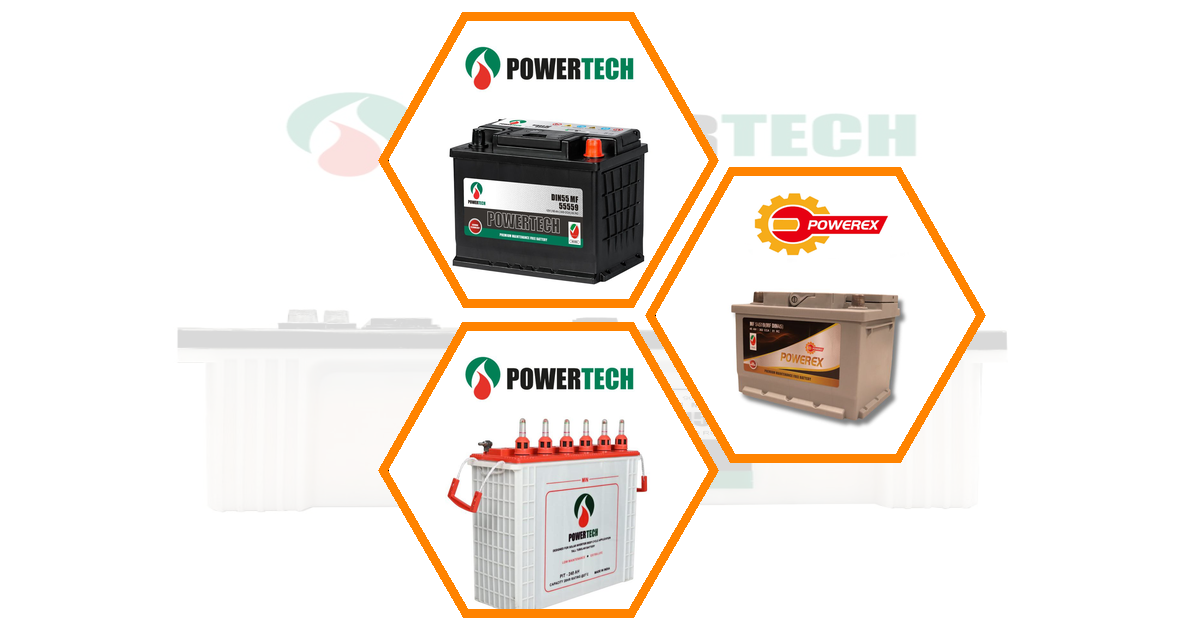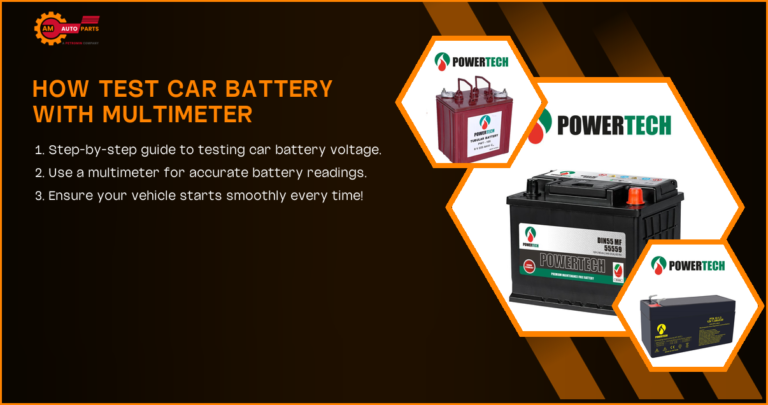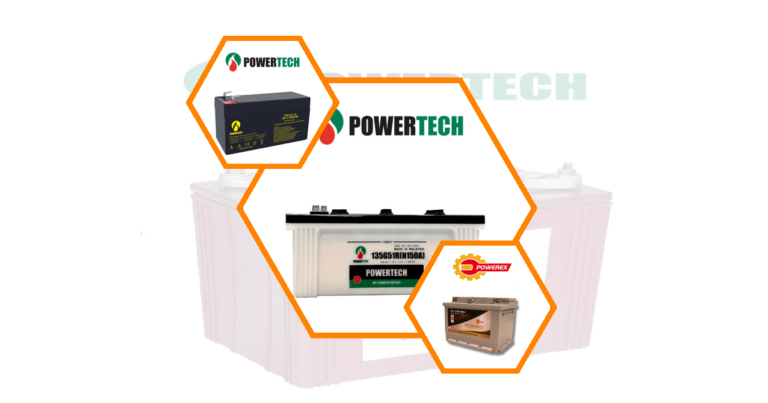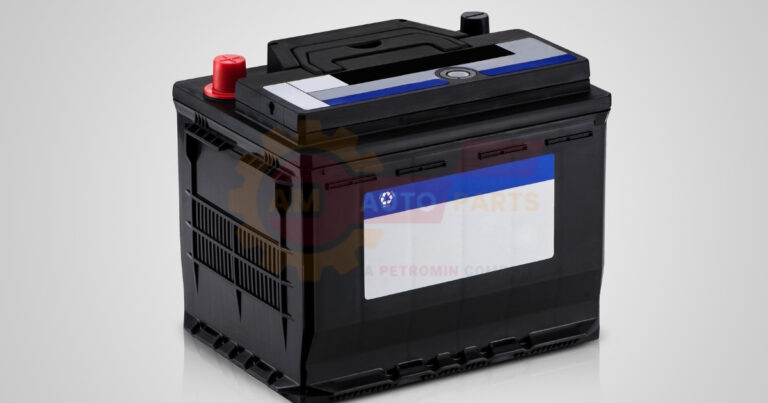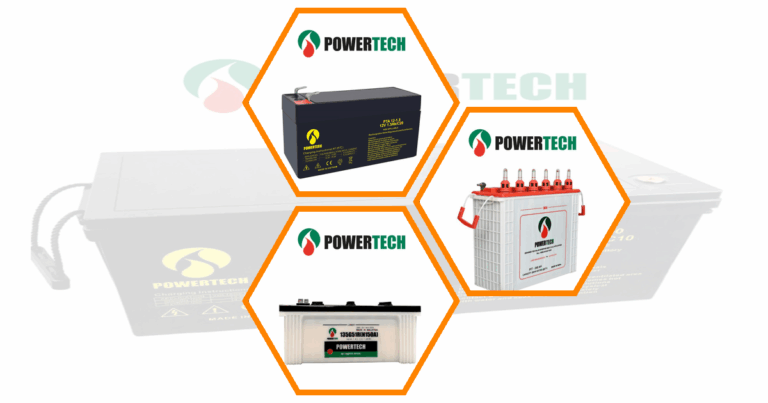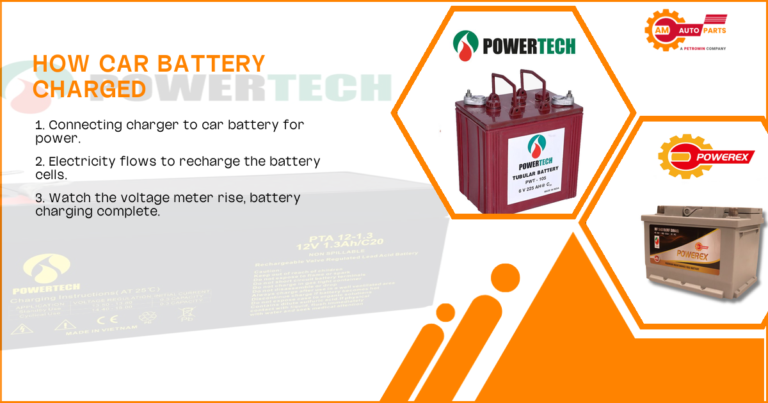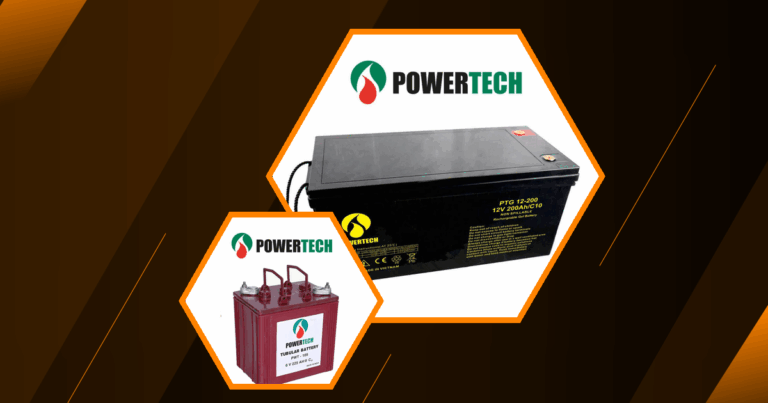What Are Deep-cycle RV Batteries?
What is a Deep-cycle Battery?
A deep-cycle battery is a type of battery designed to provide sustained power over a long period. Unlike regular car batteries, which deliver a short burst of energy to start an engine, deep-cycle batteries are built to be discharged and recharged repeatedly. This makes them ideal for RVs, where consistent power is needed for appliances and electronics. Deep-cycle batteries are essential for RV enthusiasts who want to enjoy off-grid adventures without worrying about power shortages.
- Designed for long-term energy delivery
- Can be discharged and recharged multiple times
- Ideal for powering RV appliances and electronics
Types of Deep-cycle Batteries for RVs
There are several types of deep-cycle batteries available for RVs, each with its own advantages. The most common types include lead-acid, lithium-ion, and AGM (Absorbent Glass Mat) batteries. Lead-acid batteries are the most traditional and cost-effective option, while lithium-ion batteries offer superior performance and longevity. AGM batteries, on the other hand, are maintenance-free and provide reliable power in various conditions.
- Lead-acid: Cost-effective, traditional choice
- Lithium-ion: Long-lasting, high performance
- AGM: Maintenance-free, reliable in different conditions
Components of Deep-cycle Batteries
Deep-cycle batteries consist of several key components that contribute to their functionality. These include the electrolyte, plates, and separators. The electrolyte facilitates the flow of electrical current, while the plates store and release energy. Separators prevent the plates from touching each other, ensuring safe and efficient operation. Understanding these components helps in choosing the right battery for your RV needs.
- Electrolyte: Facilitates electrical flow
- Plates: Store and release energy
- Separators: Ensure safe operation
Benefits of Deep-cycle Batteries for RV Use
Longer Lifespan and Durability
One of the primary benefits of deep-cycle batteries is their longer lifespan compared to regular batteries. They are designed to withstand repeated charging and discharging cycles, making them more durable and reliable for RV use. This longevity means fewer replacements and lower long-term costs, providing excellent value for RV owners.
- Withstands repeated cycles
- Fewer replacements needed
- Cost-effective in the long run
Improved Performance in Variable Conditions
Deep-cycle batteries are built to perform well in a variety of conditions, from extreme heat to freezing temperatures. This adaptability ensures that your RV’s power supply remains stable, regardless of the environment. Whether you’re camping in the desert or the mountains, deep-cycle batteries provide consistent energy for all your needs.
- Performs in extreme temperatures
- Stable power supply
- Suitable for diverse environments
Enhanced Energy Storage Capacity
Deep-cycle batteries offer enhanced energy storage capacity, allowing RV owners to power multiple devices simultaneously. This is particularly beneficial for those who rely on their RVs for extended trips or off-grid living. With a deep-cycle battery, you can enjoy the comforts of home, such as lighting, refrigeration, and entertainment systems, without worrying about running out of power.
- Powers multiple devices
- Ideal for extended trips
- Supports off-grid living
RV Battery Options Comparison
Lead-acid vs. Lithium-ion Deep-cycle Batteries
When comparing lead-acid and lithium-ion deep-cycle batteries, several factors come into play. Lead-acid batteries are more affordable upfront but require regular maintenance and have a shorter lifespan. In contrast, lithium-ion batteries are more expensive but offer longer life, less maintenance, and better performance. Choosing between the two depends on your budget and power needs.
Feature | Lead-acid Batteries | Lithium-ion Batteries |
Cost | Lower | Higher |
Maintenance | Regular | Minimal |
Lifespan | Shorter | Longer |
Performance | Moderate | Superior |
6V vs. 12V Deep-cycle Batteries for RVs
The choice between 6V and 12V deep-cycle batteries depends on your RV’s power requirements. 6V batteries are often used in pairs to provide a 12V system, offering more capacity and longer life. On the other hand, 12V batteries are simpler to install and maintain. Consider your RV’s setup and energy needs when deciding which voltage is best for you.
- 6V: Used in pairs, more capacity
- 12V: Simpler installation, easier maintenance
Flooded vs. AGM vs. Gel Cell Batteries
Flooded, AGM, and gel cell batteries each have unique characteristics. Flooded batteries are the most economical but require regular maintenance. AGM batteries are sealed and maintenance-free, making them a popular choice for RVs. Gel cell batteries offer excellent performance in extreme temperatures but are more expensive. Your choice will depend on your maintenance preferences and budget.
Type | Maintenance | Cost | Temperature Performance |
Flooded | High | Low | Moderate |
AGM | Low | Medium | Good |
Gel Cell | Low | High | Excellent |
Choosing the Right Deep-cycle Battery for Your RV
Assessing Your Power Needs
Before selecting a deep-cycle battery, it’s crucial to assess your RV’s power needs. Consider the number of appliances and devices you plan to use and their energy consumption. This assessment will help you determine the battery capacity required to meet your needs without overloading the system.
- Evaluate appliance usage
- Calculate energy consumption
- Determine necessary battery capacity
Considering Weight and Space Limitations
Weight and space are important factors when choosing a deep-cycle battery for your RV. Lithium-ion batteries are lighter and more compact than lead-acid batteries, making them ideal for RVs with limited space. Ensure that the battery you choose fits comfortably in your RV’s designated battery compartment.
- Consider battery weight
- Evaluate available space
- Choose compact options if needed
Evaluating Maintenance Requirements
Different types of deep-cycle batteries have varying maintenance requirements. Lead-acid batteries need regular water level checks and cleaning, while AGM and lithium-ion batteries require minimal maintenance. Consider how much time and effort you’re willing to invest in battery upkeep when making your decision.
- Lead-acid: Regular maintenance
- AGM: Minimal maintenance
- Lithium-ion: Low maintenance
Maintenance and Safety of Deep-cycle RV Batteries
Proper Charging and Discharging Practices
To maximize the lifespan of your deep-cycle battery, it’s essential to follow proper charging and discharging practices. Avoid overcharging or completely discharging the battery, as this can reduce its lifespan. Use a quality charger designed for deep-cycle batteries to ensure optimal performance.
- Avoid overcharging
- Prevent complete discharge
- Use a quality charger
Battery Inspection and Fluid Level Checks
Regular battery inspections and fluid level checks are crucial for maintaining your deep-cycle battery’s health. For lead-acid batteries, check the electrolyte levels and top up with distilled water as needed. Inspect all battery types for signs of damage or corrosion and clean terminals to ensure a good connection.
- Check electrolyte levels
- Inspect for damage
- Clean terminals regularly
Safety Precautions for Handling RV Batteries
Handling RV batteries requires certain safety precautions to prevent accidents. Always wear protective gear, such as gloves and goggles, when working with batteries. Ensure proper ventilation when charging to avoid the buildup of harmful gases. Follow the manufacturer’s guidelines for safe handling and disposal.
- Wear protective gear
- Ensure proper ventilation
- Follow manufacturer guidelines
FAQ’s
What is the Lifespan of a Deep-cycle RV Battery?
The lifespan of a deep-cycle RV battery varies depending on the type and usage. Lead-acid batteries typically last 3-5 years, while lithium-ion batteries can last up to 10 years or more. Proper maintenance and usage can extend the battery’s life, providing reliable power for your RV adventures.
How Do I Properly Maintain My RV’s Deep-cycle Battery?
Proper maintenance of your RV’s deep-cycle battery involves regular inspections, cleaning, and charging. Check fluid levels in lead-acid batteries and clean terminals to prevent corrosion. Use a suitable charger and avoid overcharging or deep discharging to prolong the battery’s lifespan.
Can I Use a Car Battery Instead of a Deep-cycle Battery in My RV?
Using a car battery instead of a deep-cycle battery in your RV is not recommended. Car batteries are designed for short bursts of energy, not sustained power delivery. Deep-cycle batteries are specifically built to provide consistent power over time, making them the better choice for RV use. Automotive batteries recycling helps save materials from old car batteries Enhanced power storage allows us to keep more electricity for longer This helps us use clean energy even when the sun isn’t shining or wind isn’t blowing
BMS enhances longevity by helping our bodies work better and stay healthy for longer This system supports our cells and organs to function well as we age Automotive power restoration helps fix car electrical problems It gets your vehicle running again when the battery or other power parts fail
Battery selection guide Choose the right battery for your device by looking at size voltage and how long it lasts
What are the Advantages of Lithium-ion Deep-cycle Batteries for RVs?
Lithium-ion deep-cycle batteries offer several advantages for RVs, including longer lifespan, lighter weight, and minimal maintenance. They provide superior performance and can handle more charge-discharge cycles than lead-acid batteries. These benefits make them an excellent investment for RV owners seeking reliable power.
How Do I Calculate the Battery Capacity Needed for My RV?
To calculate the battery capacity needed for your RV, list all the devices and appliances you plan to use and their power consumption. Add up the total watt-hours required and divide by the battery voltage to determine the amp-hours needed. This calculation will help you choose a battery that meets your energy needs.
